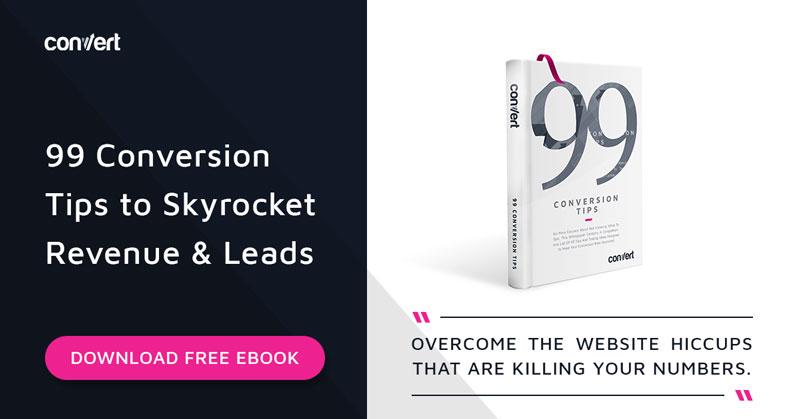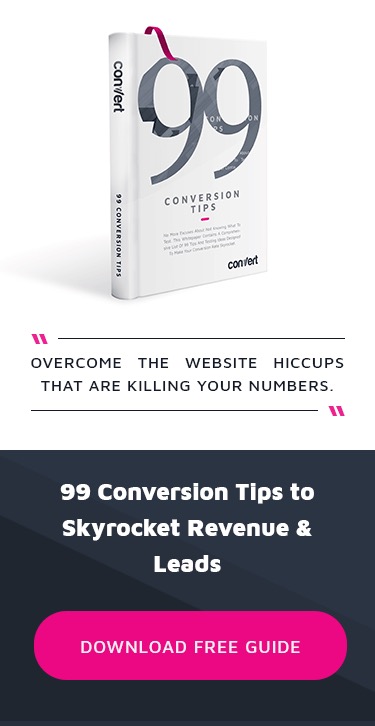Here is the truth about conversion rates: It’s hard to keep leads interested throughout the whole funnel.
Leads drop out of the different stages of your funnel because they get bored, don’t understand what you are doing, or don’t see the benefits of continuing.
As a marketer, you often feel stuck. You found the perfect message, yet are performing below expectations.
Imagine that just changing one word would increase conversions.
A study by the Carnegie Mellon University in Pittsburgh showed that changing the phrase “a 5$ fee to “a small 5$ fee” increased sign-ups to a DVD program by 20{1652eb1ffa4184925f6a63a9c04ea6b421acb7a78117241e7d4325cdca8339fa}.
What is UX Writing?
“Changing the copy on a button can make the difference of whether someone clicks or not, which can translate into millions of dollars.”
– Roxanna Aliaga, UX Writing Manager at Dropbox
What does “UX Writing” mean?
First, let’s understand the term “UX”. User Experience (UX) Design is the process of creating a product that is delightful to interact with.
It’s the job of a UX Writer to make sure that the user has a delightful experience by using the power of words.
UX writers think about the entire product when crafting their copy.
In other words: While many traditional copywriters just think about increasing conversions for particular pages, UX writers think about how they can convert, activate and retain the user.
Why is UX Writing So Important?
Nowadays, most big companies use UX writers, be it AirBnB,
Dropbox or Facebook. Why is that?
Because UX Writing is inherently more human. Since the target is to either make leads interact and understand an application through the dry, mechanistic medium of its interface, or to engage, activate and retain prospects by presenting the right action nudges at the right time, UX writing can’t afford to throw words at a wall, and hope some stick.
It requires a design thinking mindset with an emphasis on user research.
In the following, you will get practical UX writing advice that you can implement today.
How to Craft UX Copy: Practical UX Writing Tips
1. Base your copy on research
Talk to your target group. Visit relevant forums or blogs. Write down what words are being used, which questions people ask, etc. Use these insights to talk to leads in their own language.
Take the voice of your brand into consideration. For example, if your tone of voice is humorous, take note of insider jokes.
2. Think beyond landing pages
An effective landing page is a great starting point. But if your users leave during onboarding, you are losing revenue. Review the copy of your whole customer journey.
Here is an example: MailChimp likes to use humour in their copy. At the end of their sign-up process, they put an interesting spin on the captcha confirmation by letting users “Confirm Humanity”. That way, leads are entertained, eager to continue and less likely to drop out.
3. Be clear
You will often find landing pages full of buzzwords and vague promises.The thought process behind it: If it sounds complex, people will think it’s sophisticated.
Research shows that the opposite is the case. According to Christopher Trudeau from the Thomas M Cooley Law School Michigan, 80{1652eb1ffa4184925f6a63a9c04ea6b421acb7a78117241e7d4325cdca8339fa} of people prefer clear English in complex legal documents.
Break down complicated concepts. Be specific instead of vague.
4. Iterate
Write a phrase and leave it as it is. Then come back to it later.
Experienced UX writers come back to their content multiple times to rewrite it with new perspectives. They then A/B test their output.
Conclusion
To sum it up, you should:
- Base your copy on research.
- Write for all stages of the customer journey.
- Be clear.
- Constantly iterate.
Being mindful in your writing will make a big difference for your success. Good luck.


